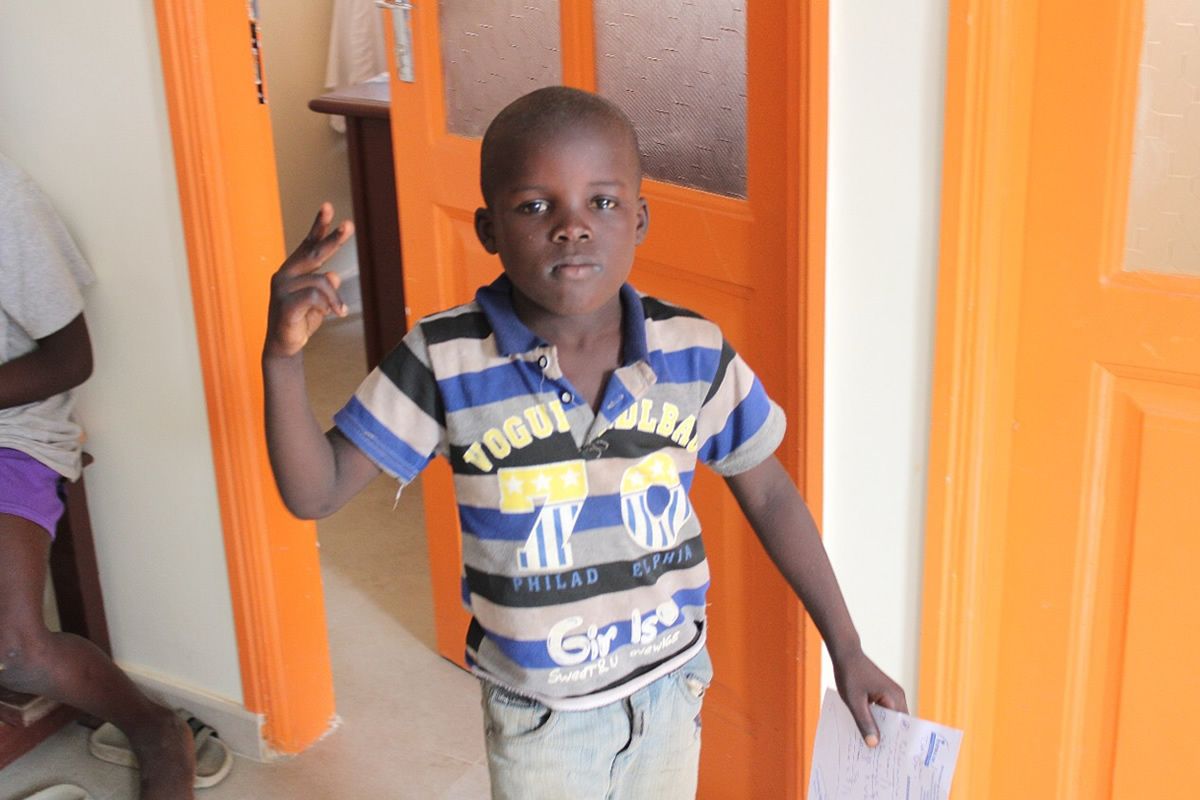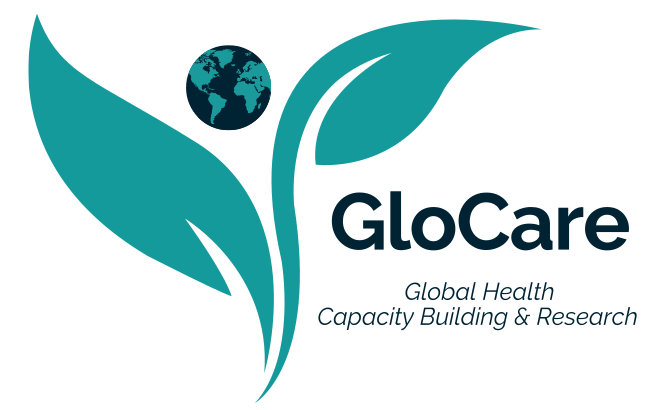Medical care project for talibé children in the Communes of Yeumbeul
| Project Title: Medical care for talibé children | Proposed by: Integrated Center for Community Health and Development (CISCOM-DEV) |
|---|---|
| Area of intervention: Community health | Implementation partners: · MARIE ROSE SAGNA SENEGAL ASSOCIATION |
| Geographical location : Implementation partners: · MARIE ROSE SAGNA SENEGAL ASSOCIATION |
Justification
The State of Senegal is trying to implement all necessary means to provide the entire population with health care at a lower cost. However, it is clear that certain segments of the population do not benefit from health care. This lack of attendance is sometimes geographical (distance from health facilities), or structural (local health facilities are not well equipped and lack qualified personnel) or financial (certain people do not have the financial means to pay health costs as well as related expenses: price of ticket and medicine, transport, food, etc.). Talibé children should be placed in this category.
Here, by talibé (Wolof word meaning learner), we must recognize boys aged between 5 and 15 years old whose parents have decided to give them an exclusively religious education. That is to say that they are entrusted to Koranic teachers who are assigned the role of teaching them the Koran and perfecting their Islamic and social education. These children, visible in the streets of the city, bowls in hand and frumpy, live and provide the Koranic master with the fruits of this begging. Generally, they come from peripheral and rural regions of Senegal, or even neighboring countries. They live in “Daaras”. One of the most identifiable markers for these children remains the dissatisfaction of their health needs. Especially since these children do not attend health facilities.
It should be noted that the commune of Yeumbeul polarizes a significant number of “Daara”. The living and accommodation conditions in these places of socialization are cramped and unsanitary. Most talibés sleep on the ground. They are exposed to malaria, malnutrition, tuberculosis and other communicable diseases.
It is in this context that the Integrated Center for Community Health and Development and the Marie Rose Sagna Senegal Association intend to invest in the medical care of this disadvantaged group.
VIABILITES DU PROJET :
- VIABILITÉ POLITIQUE:
Le projet qui s’inscrit dans le cadre de la politique nationale de santé qui occupe une place importante dans la stratégie nationale de développement structurée dans le Plan Sénégal Emergent (PSE). Le PSE, dans son volet « protection sociale » accorde une place importante à la protection de l’enfant. Cela inclut une prise en charge des enfants en situation de vulnérabilité, la lutte contre la mendicité infantile, les abus et exploitations sexuelles, le travail et la traite des enfants. Cette politique intègre les régimes publics de sécurité sociale, les régimes privés ou communautaires axés sur l’assistance, l’assurance dans la prise en charge des prestations et l’autonomisation des catégories sociales. Dans le volet « politique de santé et de nutrition », l’Etat concourt à assurer des soins de santé de qualité, à des coûts accessibles. Il est prôné surtout l’amélioration des conditions de vie des enfants de la rue en ayant pour but ultime la disparition de la mendicité au Sénégal par des mesures d’accompagnements des Daaras.
Ce projet entre en droite ligne de la politique de Couverture Maladies Universelles (CMU) et des Objectifs du Millénaire pour le Développement (ODD) particulièrement l’Objectif 3 qui consiste à donner aux individus les moyens de mener une vie saine et promouvoir le bien-être de tous à tous les âges.

ORGANIZATIONAL VIABILITY
This project is implemented by the Integrated Center for Community Health and Development (CISCOM-DEV) and the Marie Rose Sagna Association.
Technical Partner: CISCOM-DEV is a project of the Institute for Training and Research in Urology and Family Health (IFRU-SF). IFRU-SF has obtained authorization from the Ministry of Health and Social Action (MSAS) to open a community health center at COMICO IV city, villa No. C 446, Yeumbeul Nord. The center's activities began on March 15, 2017. It has an analysis laboratory, a dental office, an IB Pharmacy, medical consultations (general medicine, gynecology, family planning, CPN, vaccinations, urology, nursing care, etc. .)
This initiative aims to improve reproductive health in the broad sense by integrating care for the man and the woman-child couple, to make quality care accessible at a bearable cost (geographical and economic accessibility) and to reduce the hospital referral rate and the duration of hospitalization through the development of ambulatory care.Nouveau paragraphe.
Financial Partner: The Marie Rose Sagna Association is an association helping populations, particularly disadvantaged children. The Marie Rose Sagna Association carries out several activities with regard to the “Daaras” including the renovation of living spaces, donations of mattresses and food, etc.
FINANCIAL VIABILITY
The financial partner deposits a provision with CISCOM-DEV to pre-finance the care procedures to be delivered to potential beneficiaries. Thus, CISCOM-DEV ensures the overall and efficient care of beneficiaries taking into account the services it is able to offer (general consultation, laboratory, dental office, pharmaceutical products, etc.), in proportion to the provision deposited by the Marie Rose Association.
Objectives General
- Contribute to the medical care of the most disadvantaged groups with limited access to health structures in the COMICO 4 area, Yeumbeul.
Specific objectives
OS 1: Address the health needs of talibé children
OS 2: Ensure permanent support for talibé children
Expected results
R.A 1: talibé children benefit from better health care
R.A 2: Permanent monitoring is provided for talibé children
MONITORING-EVALUATION MECHANISM
In order to rigorously monitor the project, an interim report will be produced at the end of each quarter highlighting the activities carried out, the results achieved, the difficulties encountered and the suggestions.
CISCOM-DEV must provide the Marie Rose Sagna Association with clear and permanent accounting of the actions carried out within the framework of the project.
A final report will also be produced at the end of the 12 months of project implementation.



